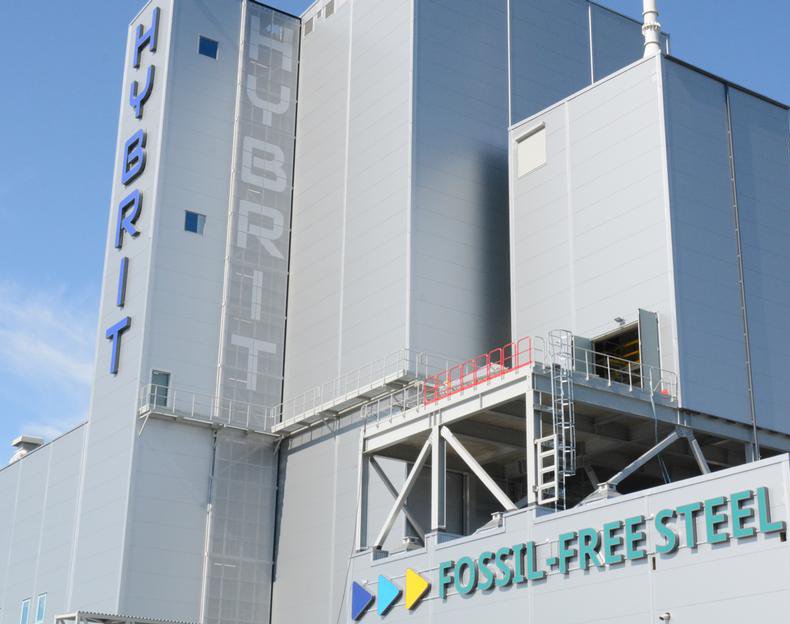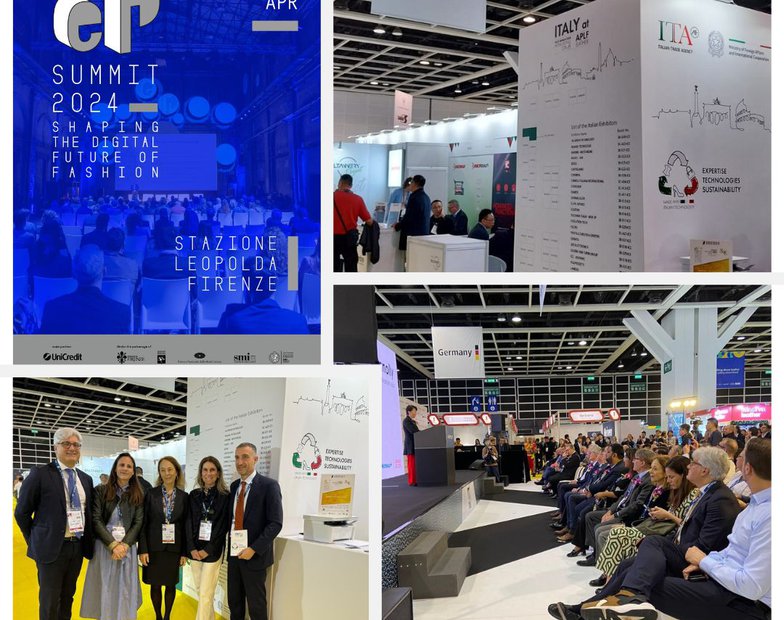Egypt will present a new energy vision for green hydrogen at the upcoming climate conference in Sharm el-Sheikh this November. Its diversified approach could strengthen Egypt's geopolitical position and EU attempts to push for more steel production with green hydrogen could provide new opportunities for H2 projects in Egypt [Egypt to announce ambitious hydrogen strategy – DW]
Countries around the world are increasingly on the lookout for reliable sources of energy. Russia has been cutting off or rerouting oil and gas. And traditional coal is so dirty that more places are focusing on renewables to meet their needs. To make the transition different things are being tried out like green hydrogen.
Egypt has many of the ingredients needed to become a renewable energy powerhouse: a big internal market, plenty of sun and lots of wind in the Gulf of Suez. What has been lacking is government support, but even this has emerged over the last months.
"Moving forward with the [Egyptian] sovereign wealth fund, prioritizing the desalination to get the water for the green hydrogen and promoting special economic zones have been all important steps," Heike Harmgart, managing director for the southern and eastern Mediterranean region at the European Bank for Reconstruction and Development, told DW.
Experts expect at least a couple of the dozen memoranda of understanding already signed with international companies to move forward with framework agreements during COP27 — the next climate conference due to take place November 6-18 at the Egyptian resort region of Sharm el-Sheikh.
This is also when the Egyptian government will launch its green hydrogen strategy, said Harmgart.
Rising foreign interest
The European Bank for Reconstruction and Development, a London-based development investment bank that provides regulatory and financial support for such projects, underlined interest from companies. Investors from India have confirmed it.
"We are working with the Egyptian authorities to agree on a framework agreement with an eye to executing the agreement during the COP27," said Sumant Sinha, chairperson and CEO of ReNew Power, one of India's largest renewable companies.
Sinha said that considering the involvement of several stakeholders, ReNew Power expects detailed studies for the project to be completed over the next three to six months. The company is expecting decisions regarding investment by mid-2023, he confirmed. The firm reportedly plans to invest more than $7 billion (€7.11 billion) in hydrogen projects in Egypt.
Ali Habib, a Cairo-based energy consultant, underlines the government's green power plans. "We allocated huge lands along the Nile, bigger than Singapore, for wind and PV [photovoltaics]. There will be dedicated power lines to transfer this green electricity to the hydrogen project in the Ain Sokhna port," Habib told DW.
Scatec is another company rumored to be ready to sign deals in November. The Norwegian renewable energy firm is currently developing a 100-megawatt green hydrogen project in collaboration with Fertiglobe, a nitrogen fertilizer producer based in the United Arab Emirates, along with Egyptian construction company Orascom and the Sovereign Fund of Egypt.
"Together with partners, we are in early-stage development of a green ammonia facility in Egypt with a production capacity of 1 million tons annually and a potential for expansion to 3 million tons," a Scatec representative told DW.
Winning new partners
Importantly, the northern African country intends to maintain good ties with EU countries and Japan as well as China and Russia, while hoping for deals with companies that are not yet present in the country. This round of investments could see companies from India, Australia, Saudi Arabia and the UAE stepping in.
This diversification approach is part of a broader effort. Egypt seeks to play a more prominent geopolitical role by providing a development model for the rest of the African continent while building new ties to decrease dependency on Europe.
However, the EU remains Egypt's most-logical export market for hydrogen exported as ammonia. "The green ammonia from Egypt is more likely to go to consumers in Europe and the Far East," Rajat Seksaria, CEO of India's ACME Group, told DW.
Experts and companies agree that European markets are the most lucrative, also because they are so close.
"The main hurdle for hydrogen is not production, but storage and transportation," said Habib, who co-authored a paper on Egypt's hydrogen prospects published by the Oxford Institute for Energy Studies.
Obstacles remain
According to experts, Egypt's green projects will favor wind power development in the medium term. Still, some wind turbine makers have run into problems recently.
Fortescue Future Industries from Australia, one of the companies that signed a hydrogen agreement with Egypt, is trying to make direct investments in producing key components that enable renewable installations.
"We will be looking to manufacture what we can where it is worth doing so, especially in places like the United States in the wake of the Inflation Reduction Act being passed. We are already doing this in Australia," Fortescue Future Industries president for the Middle East and North Africa, Moataz Kandil, told DW.
The company has already signed several agreements for green hydrogen, including with Germany's power utility E.ON and Belgium's TES. "Where the hydrogen comes from is going to be driven by what the customer wants," said Kandil. Germany will have a say, also because TES is developing a green energy hub in Wilhelmshaven.
According to Harmgart, Egypt has an incentive to sell its gas on international markets rather than use it at inefficient local power plants. On the other hand, green hydrogen is not an automatic choice for local companies.
"Gas [price] in Egypt is much lower than in Europe. For the local industry, there is no motive to move to green hydrogen," Habib said, cautioning that things could change when the EU implements plans to tax imports with a large carbon footprint.
Opening up opportunities for hydrogen
At the same time, Egypt is currently negotiating a hydrogen agreement with the EU. The European Commission expects developments on this over autumn.
According to the European Bank for Reconstruction and Development, Egypt could also play a role in the coming EU critical raw materials strategy. "Egypt will probably become more attractive over time for a wide range of investors, particularly with the setup of special economic zones," said Harmgart.
These zones facilitate investment, cut bureaucracy and make it easier to devise tailored incentives for foreign investors. Local green steel production could follow.
"Some of the largest steel plants are located near the Suez Canal, which makes it easier to produce and transfer green hydrogen to those plants. Hydrogen transportation is a barrier for countries that cannot produce it domestically, which is not the case for Egypt," concluded Soroush Basirat, an analyst with the Institute for Energy Economics and Financial Analysis.



